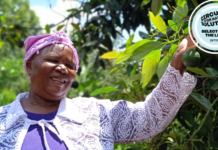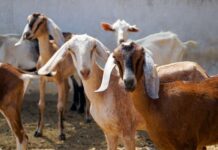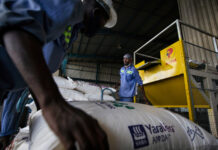Because of the COVID-19 outbreak, measures have been taken in an attempt to curb the pandemic: lockdowns and economic shutdowns. Kenya is trying to find a solution to feeding its population.
A percentage of the population is facing malnutrition. The Kenyan government is trying to keep the disease spread at bay whilst ensuring the economic power of the citizens to buy food and meet necessities is maintained.
Agriculture, however, has been set aside from the economic stimulus packages even though farmers suffer regardless of playing a huge part in seeing to the population health needs. It is crucial to rouse most of the economy after it bars the epidemic, safe for the agricultural sector as it depends on strict planting and harvesting schedules in absence of proper irrigation infrastructure.
At the start of the pandemic, the government and health agencies advised people to refrain from unnecessary movement just to avoid contact with potentially infected people. For a few middle-class Kenyans, especially government employees who had been given a while off work, this was a chance for bulk shopping in readiness for movement restrictions.
With our international borders closed, the country already had a challenge meeting the nutritional needs of its citizens provided it relies on imports to enrich local production, yet the Ministry of Health was on record asking Kenyans to take care of a diet to enhance immunity no doubt crucial to the fight against the virus.
What the government seems to possess ignored was the source of food that might sustain the population during quarantine and isolation. Unlike the Western countries that managed complete lockdown, Kenya was faced with a challenge and inadequate food reserve that would not sustain the people even for per week.
The thought is for the government to market massive agricultural production so administrations at both levels county and national would have food silos and store enough cereals that might are available handy during such adversity. The result would be a rise in national food production that might not only beneficial during pandemics but also in eradicating hunger within the perennially starving parts of the country.









